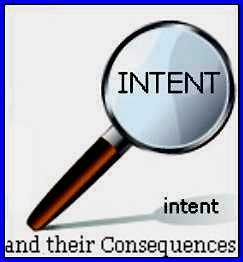PRIORITY RANKING OF POTENTIAL ADMINISTRATORS
This is a brand new provision to WESA.
The spouse has priority but may also nominate someone else , be it a child of the marriage or a financial institution, and that appointed party will have the same priority to be appointed the administrator.
The spouse does not require the consent of the children, nor does the person being appointed need consent.
One of the problems with the current Estate Administration Act was that it did not provide a list of persons entitled to apply for let¬ters of administration terms of who had first priority and had no guidelines at all with respect to who might apply successfully to be appointed administrator with will annexed.
Sections 130 and 131 of the WESA address these issues.
Under s. 130, the following have priority in the following order:
(a) the spouse of the deceased person or a person nominated by the spouse;
(b) a child of the deceased person having the consent of a majority of the chil¬dren of the deceased person;
(c) a person nominated by a child of the deceased person if that person has the consent of a majority of the deceased person’s children;
(d) a child of the deceased person not having the consent of a majority of the deceased person’s children;
(e) an intestate successor other than the spouse or child of the deceased person, having the consent of the intestate successors representing a majority in interest of the estate, including the intestate successor who applies for a grant of administration;
(f) an intestate successor other than the spouse or child of the deceased person, not having the consent of the intestate successors representing a majority in interest of the estate, including the intestate successor who applies for a grant of administration;
(g) any other person the court considers appropriate to appoint, including, without limitation, the Public Guardian and Trustee, subject to the Public Guardian and Trustee’s consent.
In the case of an administration with will annexed, the priority is as follows (s. 131):
(a) a beneficiary who applies having the consent of the beneficiaries represent¬ing a majority in interest of the estate, including the applicant;
(b) a beneficiary who applies not having the consent of the beneficiaries representing a majority in interest of the estate;
(c) any other person the court considers appropriate to appoint, including the Public Guardian and Trustee, subject to the Public Guardian and Trustee’s consent.
The court retains the ability to depart from these schemes in special circumstances (WESA, s. 132).
Special circumstances
This section is similar to the current s 7 of the Estate administration Act which permits the Court to ignore the hierarchy and appoint an administrator form elsewhere. This is especially the case with insolvent estates or other special circumstances
132 (I) Despite sections 130 and 131, the court may appoint as administrator of an estate any person the court considers appropriate if, because of special circumstances, the court considers it appropriate to do so.
(2) The appointment of an administrator under subsection (I) may be
(a) conditional or unconditional, and
(b) made for general, special or limited purposes.




